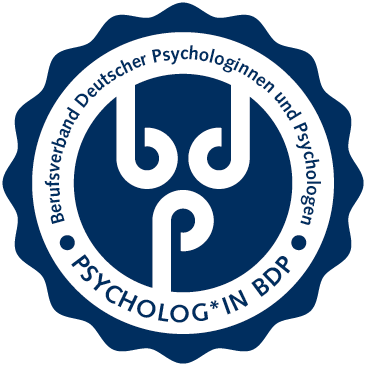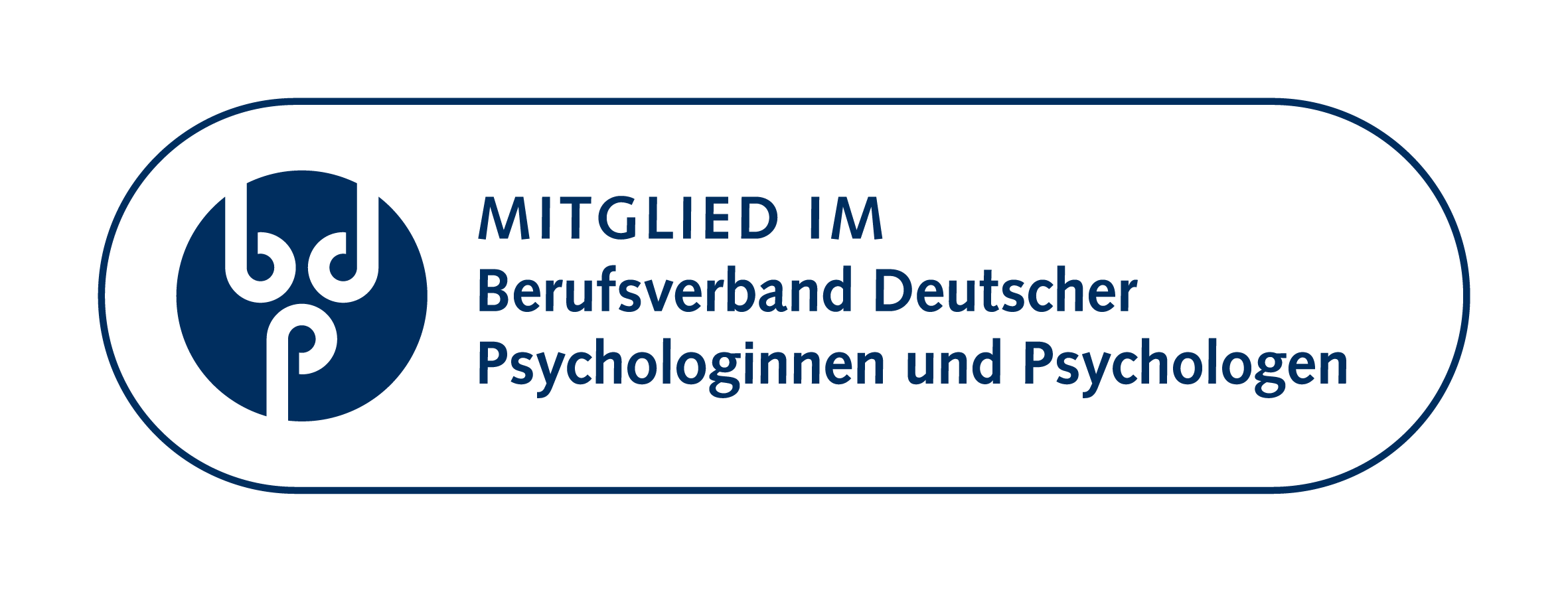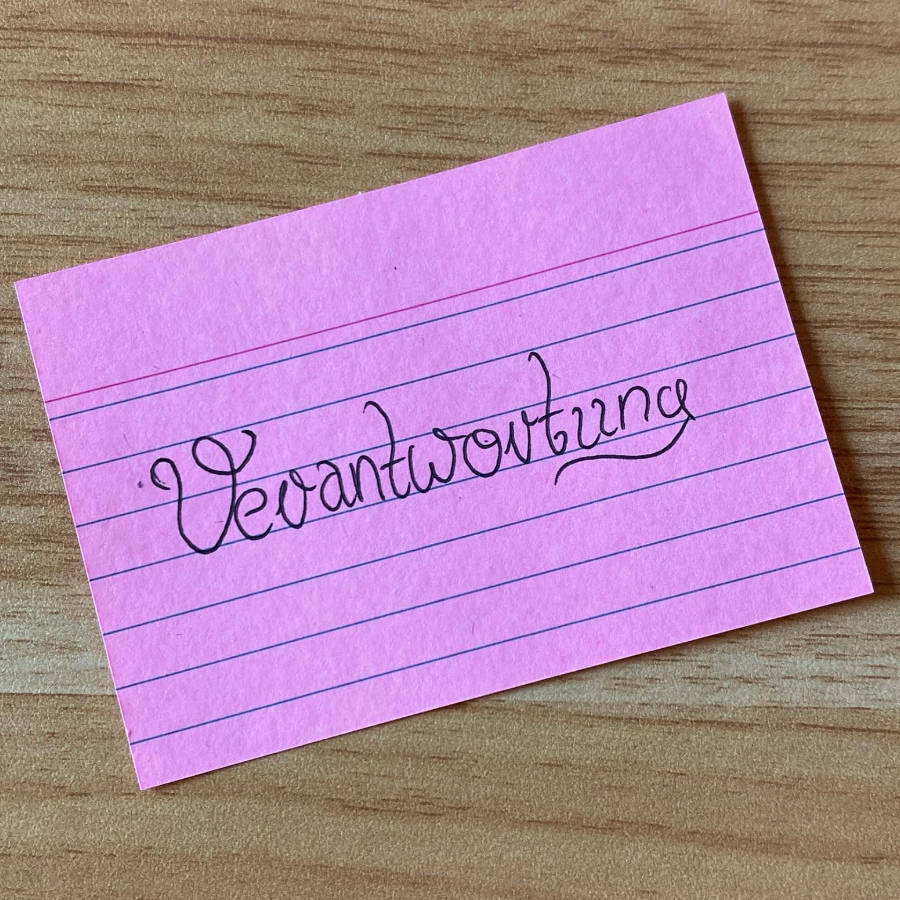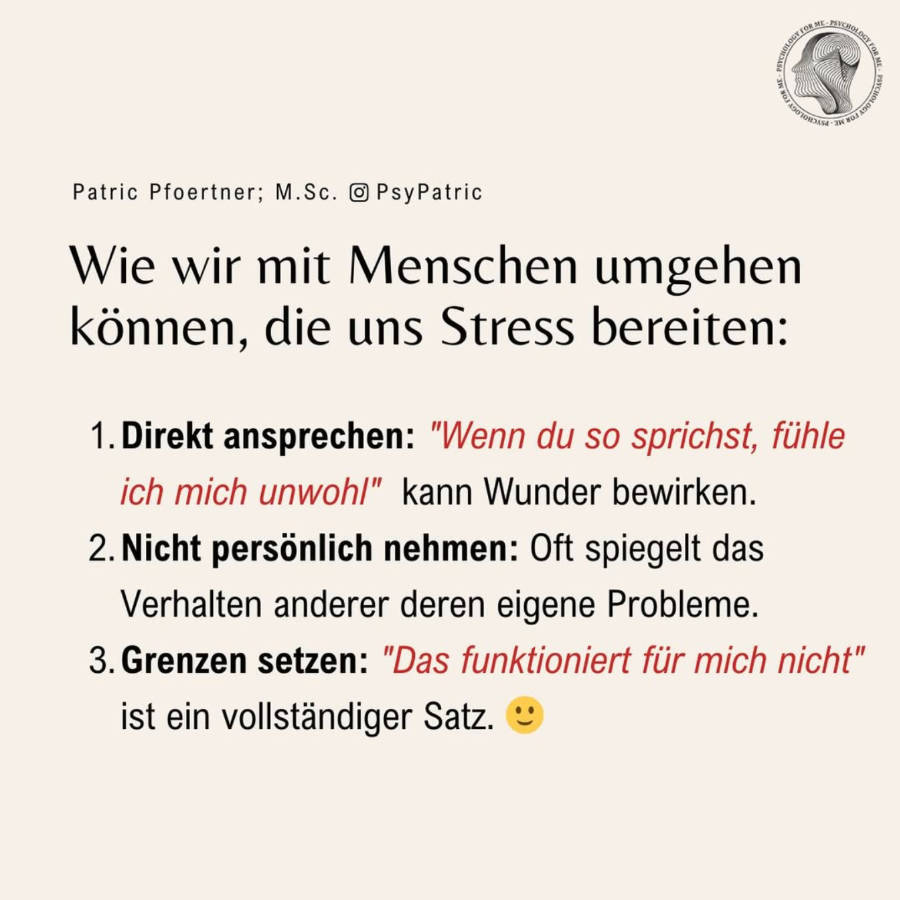Understanding and Overcoming the Fear of Criticism (Kritikangst)
As a psychologist, I frequently encounter individuals who grapple with the profound impact of criticism. The fear of being judged, misunderstood, or deemed inadequate, often referred to as "Kritikangst," can silently shape our decisions, relationships, and even our sense of self-worth. It's a deeply human experience, but when it becomes overwhelming, it can hinder personal growth and well-being.
This self-assessment is designed to illuminate your unique relationship with criticism. It's a stepping stone towards greater self-awareness, offering insights into how this fear might be influencing your life.
What does this test reveal?
- It helps you identify the cognitive, emotional, and behavioral patterns associated with your fear of criticism.
- It offers a personalized understanding of your current level of concern regarding Kritikangst.
- It serves as a valuable starting point for reflection and potential further exploration of your emotional resilience.
Many people have similar questions about this pervasive issue. Let's explore some of them:
What is "Kritikangst" and why does it affect me?
Kritikangst, or the fear of criticism, is more than just disliking negative feedback. It's an intense apprehension about being judged, rejected, or found wanting, often leading to significant emotional distress. This fear can stem from various sources, including past negative experiences with criticism, perfectionistic tendencies, low self-esteem, or societal pressures to always perform flawlessly. When our sense of self-worth becomes overly tied to external validation, criticism can feel like a direct assault on our identity, rather than just feedback on a task or behavior.
How does fear of criticism manifest in daily life?
The impact of Kritikangst can be subtle yet pervasive. You might find yourself avoiding new challenges or opportunities for fear of making mistakes. Perhaps you hesitate to express your true opinions, or you constantly try to meet others' expectations to prevent any negative feedback. It can lead to social withdrawal, difficulty in relationships due to perceived judgment, or intense self-criticism, where you harshly judge yourself before anyone else can. Understanding these manifestations is the first step towards developing healthier coping strategies.
Is it possible to overcome the fear of criticism?
Absolutely. While eliminating all discomfort around criticism may not be realistic—nor desirable, as constructive feedback is crucial for growth—it is entirely possible to reduce its overwhelming power. Strategies often involve re-framing criticism as information rather than an attack, building self-compassion, practicing emotional regulation, and gradually exposing yourself to situations where feedback might occur. Developing a strong, internal sense of self-worth, independent of external opinions, is key to navigating this fear.
When should I seek professional help for Kritikangst?
If the fear of criticism significantly interferes with your daily life, relationships, career, or overall well-being, professional psychological support can be incredibly beneficial. A therapist can help you explore the root causes of your fear, develop effective coping mechanisms, challenge unhelpful thought patterns, and build resilience. Remember, seeking help is a sign of strength and a commitment to your mental health journey. You don't have to navigate these feelings alone.
This assessment is a tool for self-reflection. Embrace the insights it offers, and know that developing a healthier relationship with criticism is a journey of personal growth and empowerment.
























